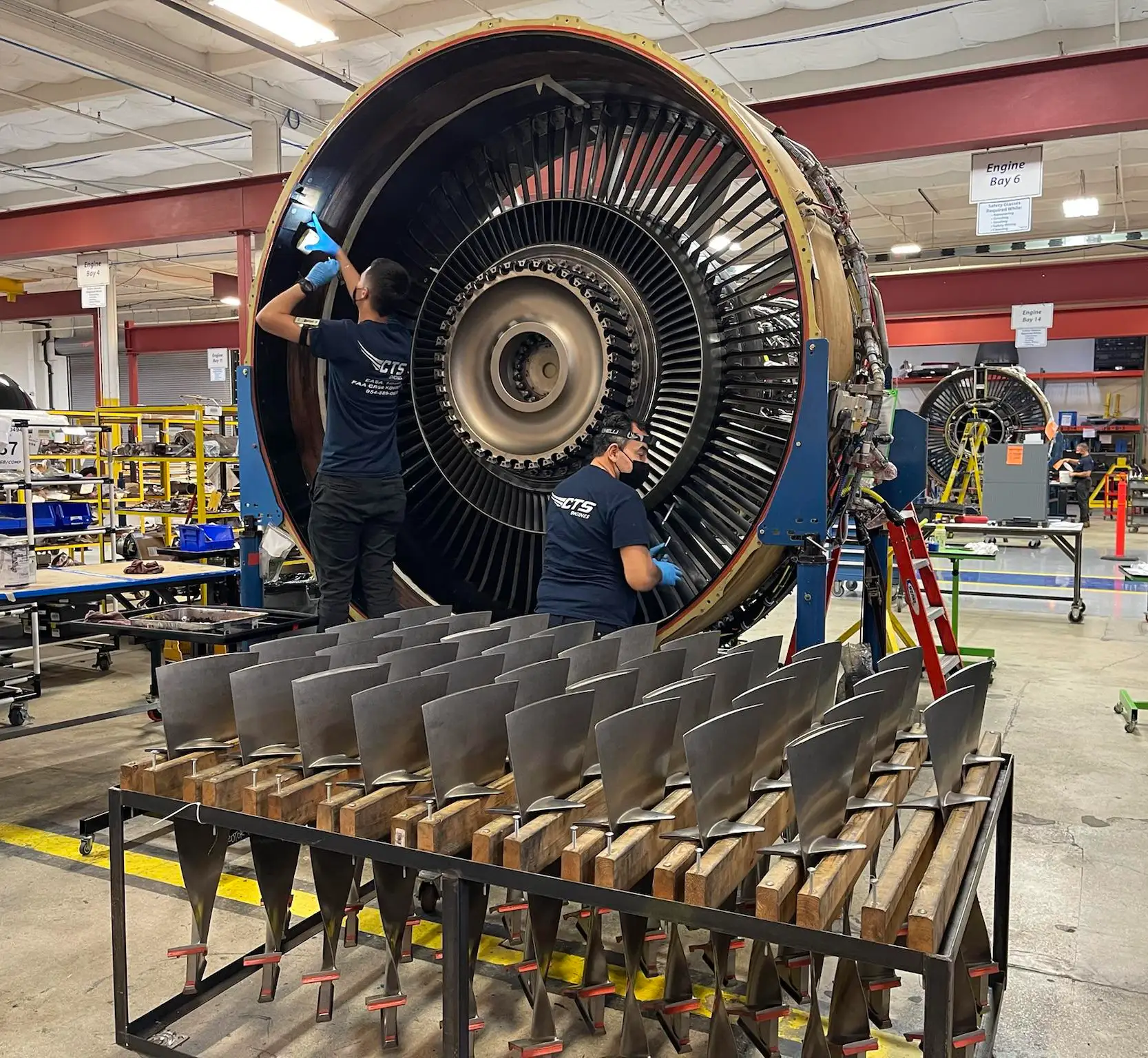Engines For Africa Offers Motors You Can Depend On
A Total Overview to Choosing the Right Engine for Your Task
Choosing the appropriate engine for your project is an important choice that can dramatically affect its general success. It is essential to meticulously specify your project requires, assess efficiency needs, and take into consideration user-friendliness together with various other essential aspects. Additionally, recognizing the community assistance available and scrutinizing price ramifications can better improve your option. Each of these elements plays a pivotal role in guaranteeing that your picked engine not only satisfies prompt objectives but likewise straightens with lasting aspirations. As we check out these factors to consider, you may find that the subtleties of each element reveal more than initially expected.
Specify Your Project Needs
Defining your project needs is a crucial action in selecting the proper engine for successful implementation. A comprehensive understanding of your task's goals will certainly guide you in determining the features and capabilities called for from an engine. Begin by describing the range of your job, including the wanted functionality, target market, and the details outcomes you aim to attain.
Next, consider the technical needs that align with your job objectives. This includes assessing the compatibility of the engine with existing systems, along with the programs languages and structures that will certainly be made use of. Additionally, analyze the level of scalability needed to suit future growth or modifications in need.
Budget plan constraints likewise play a crucial duty in defining your job requires. Develop a clear economic framework to assist your decision-making procedure, guaranteeing that the engine chosen fits within your spending plan while providing the required functionality.
Evaluate Performance Demands

Engines that support straight scaling are usually better for bigger applications. Furthermore, examine the engine's efficiency under different conditions, such as peak use circumstances, to ensure it satisfies your reliability standards.
Consider Ease of Usage
While technical specs are vital, the simplicity of use of an engine can dramatically influence the growth process and overall project success. An user-friendly user interface, clear paperwork, and structured workflows can significantly decrease the discovering contour for designers, enabling them to concentrate on creativity and analytical rather than facing facility devices.
When reviewing an engine's simplicity of use, think about the onboarding experience. A well-structured introduction, full with tutorials and sample tasks, can help with a smoother transition for brand-new customers. Additionally, the clarity and comprehensiveness of the engine's documentation play an essential function; extensive overviews and API recommendations can equip designers to repair and carry out features successfully.
Another aspect to think about is the engine's customization capabilities. An engine that enables easy adjustments can be a lot more easy to use, as programmers can tailor it to fit their certain demands without comprehensive hassle. Analyze the workflow integration with platforms and tools you already use. A natural environment can enhance efficiency and lower friction during the growth process. Eventually, selecting an engine that focuses on simplicity of usage can bring about a more productive and enjoyable advancement experience.
Assess Neighborhood and Support
The strength of an engine's area and assistance network can substantially influence a designer's experience and success. When examining an engine, think about the size and task level of its community.
Moreover, review the schedule of main assistance channels. Dependable documentation, responsive client support, and regular updates are necessary for addressing technological issues and keeping your job on course. Engines For Africa. Active areas additionally promote cooperation, offering possibilities for networking and comments, which can be important, specifically for little groups or independent developers
Furthermore, examine the existence of community-run occasions, such as meetups or hackathons. These gatherings can improve your understanding of the engine while attaching you with potential collaborators and my latest blog post skilled individuals. In recap, a robust neighborhood and assistance system not just enhance development however additionally create an atmosphere favorable to finding out and technology, ultimately improving the probability of your task's success.
Compare Cost and Licensing Alternatives
Spending plan factors to consider play an important function in this page choosing the right engine for your job, as the expense and licensing choices can substantially affect both short-term costs and long-term feasibility. Engines For Africa. Different engines provide varying prices frameworks, which can include one-time acquisition fees, membership models, or revenue-sharing agreements based upon your project's profits

Certifying options also vary substantially. Some engines are open-source, offering adaptability and community-driven assistance, while others might call for exclusive licenses that restrict use and circulation. Comprehending the implications of each licensing design is essential, as it impacts ownership rights, future scalability, and possible lawful responsibilities.
Final Thought
In conclusion, choosing the ideal engine for a task requires an extensive evaluation of specified task requirements, efficiency requirements, ease of usage, neighborhood assistance, and cost considerations. By methodically attending to these crucial aspects, decision-makers can make certain positioning with both current and future task needs. A knowledgeable choice inevitably boosts the chance of job success, making it possible for efficient source allotment and taking full advantage of potential results within the defined budgetary restraints.
Selecting the proper engine for your project is a critical decision that article can dramatically affect its general success.Specifying your job requires is an essential action in selecting the proper engine for effective implementation. A detailed understanding of your project's goals will certainly lead you in identifying the abilities and attributes needed from an engine.Once you have a clear understanding of your job requires, the following action is to assess the efficiency needs of the engine.In verdict, selecting the proper engine for a task demands a comprehensive examination of specified project needs, performance demands, convenience of usage, community support, and cost considerations.